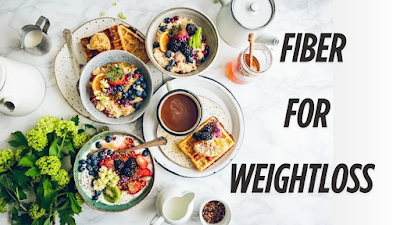"Nutrition Guidelines for a Healthy Ramadan: Healthy Food Picks" "March Edition "
"Nutrition Guidelines for a Healthy Ramadan: Healthy Food Picks"
"March Edition "
Ramadan is a holy month when Muslims around the world fast and get closer to their hearts. This month is a month of great Taraweeh of good deeds and deeds which provide great opportunities for the good of humanity.
Choosing a proper diet is very important to maintain the health and strength of the fasting person during the month of Ramadan. Even in the season of March, it is important to have a proper diet plan. Here we present you a food plan for the march of Ramadan that will help you stay healthy and strong.
Sehri:
Drink plenty of water in the morning.
Use energizing foods such as chickpeas, lentils, or eggs for breakfast.
Add milk or yogurt to a large bowl.
Also add fiber from fruits and vegetables such as cucumbers, dates, and tomatoes.
Iftar:
Consume data, water, and raw vegetables
in Iftar.
Use cooked lentils or rice.
Use it by making egg or chicken spicy chicken tikkis.
Add a variety of salad greens.
After Iftar:
Consume data or milk shortly after breaking the
fast.Add spices and dry fruits.
Drink plenty of water to avoid dehydration.
After Taraweeh:
Have a cheap snack such as fruit chutney, or
beans.
Drink a cup of tea
Diet plan for Ramadan month of March
The month of Ramadan is the most important month of the Islamic calendar in which Muslims around the world fast. It is important to take special care of food choices while fasting in this holy month in order to stay healthy and strong. Here we are presenting you a specific diet plan for Ramadan in the month of March which will be beneficial for your health and nature
Suhoor:
Suhoor is the most important time when you are given the full fatness of your fast. At this time you should provide foods that boost energy and provide energy for the whole day's work. According to Islamic tradition, drinking more water and eating foods during Suhoor is more blessed. You can include the following foods in Suhoor:
Healthy parathas or rice khichdi
Milk, curd or chai
Fakhe or Chane
Vegetables and salads
Iftar:
Iftar is the time to eat when you are given your first water and food. At this point you should choose foods that will restore your energy and give you the routine you need. Some helpful food choices may include:
Milk, water or juice
Beautiful Khajliat or Khawaja
Paratha or rice khichdi
Fruit or sweets
Providing an opportunity for a healthy and balanced diet is very important during the month of Ramadan. Add your harshis to create a structured nutrition diary so that you can have a happy and healthy Ramadan.









Comments
Post a Comment